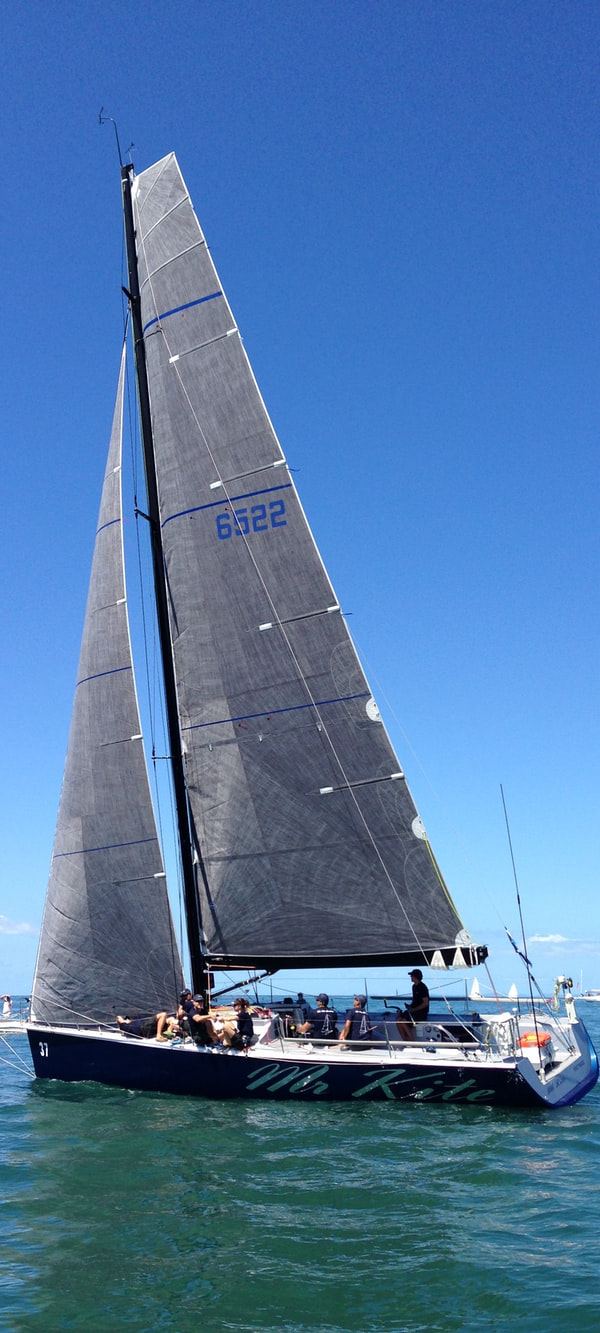In summer 2021, the risk of accidents caused by watercraft operators who were BWI (boating while intoxicated) has increased. After a year and a half of maintaining social distancing, people are finally kick-starting their long-awaited boating excursions.
Unfortunately, in many waterfront communities in Galveston, Baytown, La Porte, and Clear Lake, the fun and festivities are being overshadowed by injuries resulting from BWI accidents. While BWI charges are still less common than DWI (driving while intoxicated) charges are, they’re gradually rising as more people purchase boats, jet skis, and other watercraft.
The two charges are similar in many ways. For instance, whether you’re stopped for a BWI or DWI, you will be requested to take either a breath or blood test that determines your blood alcohol concentration (BAC). If it’s a no-refusal weekend, the officer will likely have a warrant from a judge to take a blood sample should you refuse. Under Texas law, this is legal.
In the end, the blood alcohol level required to charge you with BWI or DWI is the same. You are legally intoxicated if your BAC is 0.08% or more.
That said, these two charges do have their differences. Below is a closer look at them.
Probable Cause
If you’re stopped for a DWI, the officer needs to have a probable cause for the stop. However, this isn’t the case for BWI stops. Your boat can be stopped despite the officer failing to present a probable cause for halting your boating operations. Officers can board your watercraft as they wish for flotation device checks, security and safety reasons, or general suspicion of something being amiss.
The Presence of Open Container(s) in the Vehicle/Watercraft
Under Texas law, citizens are not permitted to drive with the presence of open container(s) of beer or alcohol in their motor vehicle. However, the open container law doesn’t extend to water, and you are permitted to have an open alcoholic beverage on your boat or jet ski.
Field Sobriety Tests
If you’re suspected of a DWI or a BWI, you will be asked to perform a series of field sobriety tests, which may include the Horizontal Gaze Nystagmus (HGN), Walk and Turn, and One-Leg Stand. The latter two tests are balance tests which, if you’ve been on the water all day, can be very difficult to perform with “sea legs.” A skilled attorney can expose this test flaw to create reasonable doubt among members of a jury even if the video shown during a trial show you off balance. Being off balance during these tests may not be a sign of intoxication, but just your body acclimating itself to dry land.
Your Rights and Your Attorney’s Role
It’s important to note that both DWI and BWI convictions are equally damaging. If taken lightly, your charges can result in jail time, exorbitant fines, and probation. Make sure you act quickly and get the legal help you need as early in the legal process as possible. If you are arrested for either a DWI or BWI in Texas, you have the right to remain silent. You should never make a statement to law enforcement or prosecutors without an attorney present to protect your rights.
The legal system is purposely confusing and your attorney is your last line of defense against a very powerful force: the government judicial system. That is your attorney’s role in the whole process.
Recommended Read: Boating While Intoxicated: What You Need to Know Before Going Out on the Water
If you were recently charged with a DWI or BWI, consult an experienced criminal defense lawyer now. Attorney JL Carpenter can help you. She builds an aggressive defense for her clients by meticulously looking at the facts of your case and finding flaws in the field sobriety tests, including how they were administered, and probable cause assertions. JL preserves your rights when you are wrongly arrested.
Her painstaking approach is recognized across the Greater Houston area. Click here to get the representation you deserve in Houston, Friendswood, Clear Lake, Galveston, Webster, League City, La Porte, Baytown, or any of the neighboring communities.
JL’s practice areas also include drug possession, domestic violence, family violence, financial crimes, and violent crimes.
